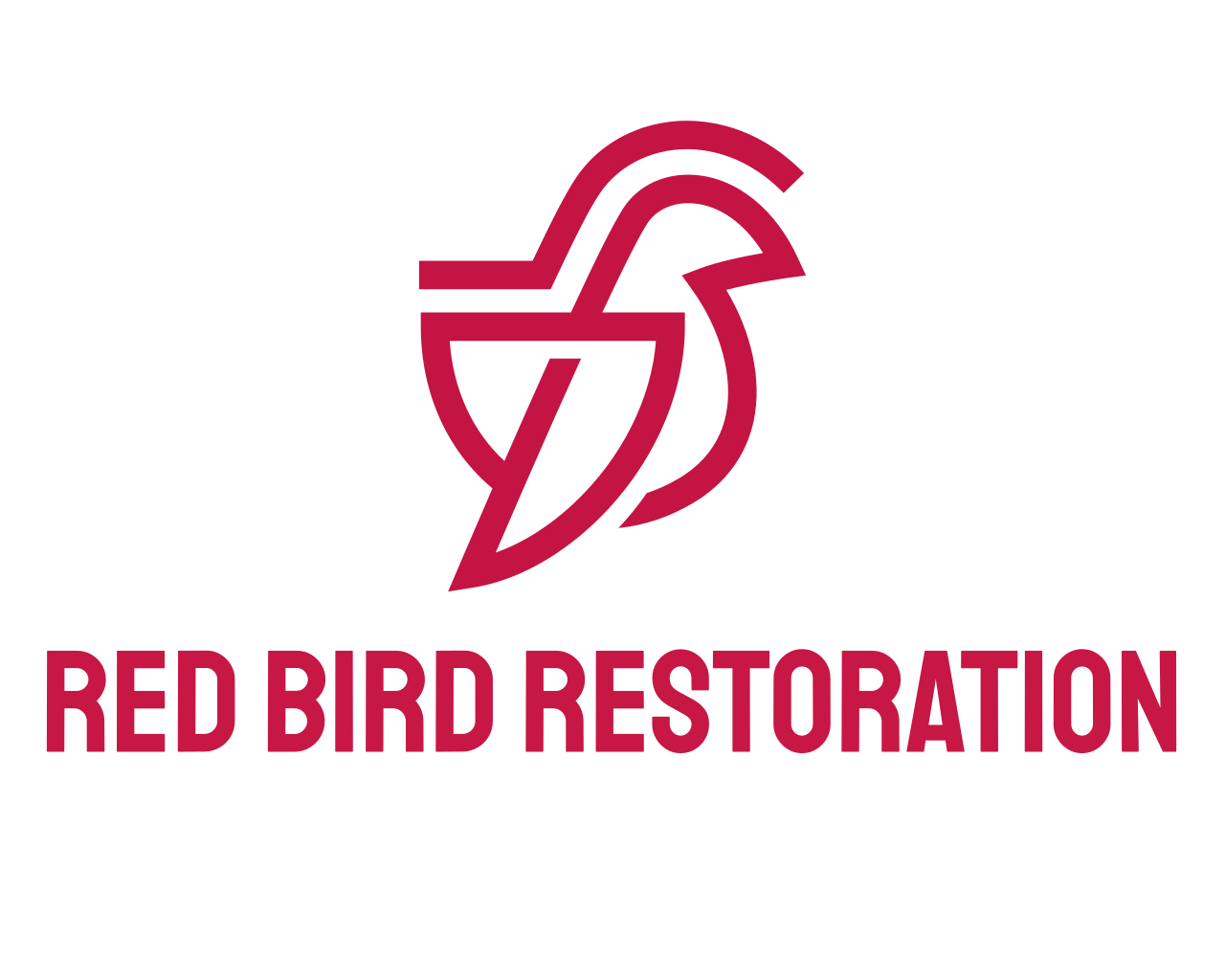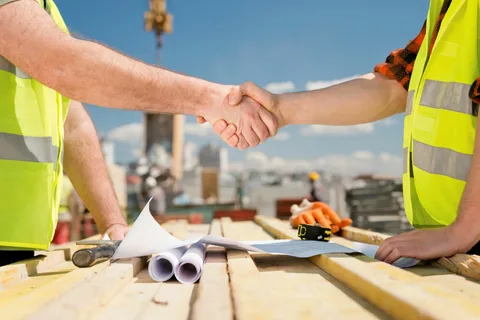Reconstruction services play a pivotal role in restoring properties that have been damaged or destroyed due to various causes, including natural disasters, accidents, or wear and tear. Whether it’s rebuilding after a fire, flood, or structural failure, reconstruction services aim to return a property to its original or improved state. This process involves skilled professionals who manage every step, from assessing the damage to overseeing construction and final inspection.
Understanding when and why reconstruction services are needed can help homeowners, businesses, and property managers make informed decisions when disaster strikes or when it’s time to update an old structure. This article will explore what reconstruction services entail, the situations where they are necessary, and the key factors to consider when hiring a reconstruction service.
What Is Reconstruction Service?
Reconstruction service refers to the process of rebuilding or restoring a property that has been damaged, demolished, or degraded to a state where it is no longer safe or functional. These services can range from simple repairs to complete rebuilding projects, depending on the extent of the damage or wear.
Typically, reconstruction services involve several stages, which may include:
- Assessment of Damage – Experts conduct a thorough inspection to determine the extent of the damage, identify structural issues, and assess the overall integrity of the property.
- Design and Planning – Based on the assessment, a reconstruction plan is created. This includes architectural designs, blueprints, and permits needed for the project.
- Demolition and Debris Removal – If parts of the property are beyond repair, demolition is carried out to clear the area for rebuilding.
- Rebuilding and Restoration – Reconstruction begins, which may involve rebuilding walls, roofs, foundations, plumbing, electrical systems, and more.
- Final Inspections and Certifications – After the reconstruction work is complete, a final inspection ensures compliance with local building codes and safety standards.
When Is Reconstruction Service Needed?
Reconstruction services are required in various situations, each with unique challenges and requirements. Some of the most common scenarios where reconstruction services are needed include:
1. Natural Disasters
Events like hurricanes, tornadoes, earthquakes, wildfires, and floods can cause severe damage to homes and commercial buildings. When a property is significantly impacted, reconstruction is often necessary to restore or reinforce the structure.
2. Accidental Damage
Accidents such as vehicle collisions, explosions, or structural failures can lead to significant damage that requires reconstruction. If a vehicle crashes into a building or a fire causes extensive damage, affected walls, windows, and support beams may need to be rebuilt.
3. Wear and Tear
Over time, buildings naturally deteriorate due to aging, exposure to the elements, or poor maintenance. Common signs include cracked foundations, sagging roofs, water leaks, and deteriorating walls. If these issues are too severe for minor repairs, reconstruction may be necessary.
4. Expansion and Renovation Projects
Reconstruction services are also needed for property expansion or renovation. If you want to add new rooms, expand living space, or completely redesign your home or commercial building, reconstruction services can help with structural modifications.
5. Mold and Water Damage
Mold infestations and water damage can weaken a building’s structure over time. If left untreated, it may require reconstruction, including replacing sections of flooring, drywall, and beams while addressing plumbing and drainage issues.
6. Fire and Smoke Damage
Fire damage can be devastating, requiring entire sections of the property to be rebuilt. Even if the structure is intact, smoke damage can leave lasting odors and stains, necessitating reconstruction and restoration.
Key Factors to Consider When Hiring a Reconstruction Service
Choosing the right reconstruction service is crucial to ensuring that the job is done correctly and efficiently. Here are some important factors to consider:
1. Experience and Expertise
Ensure that the reconstruction company has experience handling similar types of damage. If you’re dealing with water damage, mold remediation, or fire recovery, look for a company that specializes in these areas.
2. Licensing and Insurance
Verify that the reconstruction service is properly licensed and insured to protect both you and the company during the rebuilding process.
3. Timeline and Budget
Reconstruction projects can be time-consuming and costly. Before hiring a company, get an estimate of the timeline and budget to ensure it fits within your needs and expectations.
4. Reputation and Reviews
Check the company’s reputation by reading reviews and testimonials from previous clients. Look for a reconstruction service with a proven track record of successful projects.
5. Quality of Materials
Ask about the materials the company plans to use. High-quality materials are essential to ensuring that your property remains durable and safe for years to come.
Conclusion
Reconstruction services are essential when a property has suffered significant damage or deterioration. Whether caused by natural disasters, accidents, or the passage of time, these services ensure that your property is rebuilt to meet safety standards and functionality. Understanding when reconstruction is necessary and selecting the right professionals can help ensure a smooth process, resulting in a restored or enhanced property that meets your needs.
FAQs
1. How long does a reconstruction project take?
The timeline depends on the extent of the damage and the size of the property. Small repairs may take a few weeks, while larger projects may require several months.
2. Does insurance cover reconstruction costs?
Insurance policies often cover reconstruction costs if the damage is caused by a covered event, such as a fire or flood. Check your policy for specific terms.
3. Can I live in my home during reconstruction?
For major reconstruction projects, it may not be safe or comfortable to remain in the home. Temporary housing arrangements are often recommended.
4. How do I prevent the need for reconstruction in the future?
Regular maintenance, including checking for leaks, cleaning gutters, and inspecting your roof, can help prevent damage that may require reconstruction.
5. How much does reconstruction cost?
Costs vary depending on the damage, property size, and materials used. Obtain detailed estimates from reconstruction companies before beginning the project.

